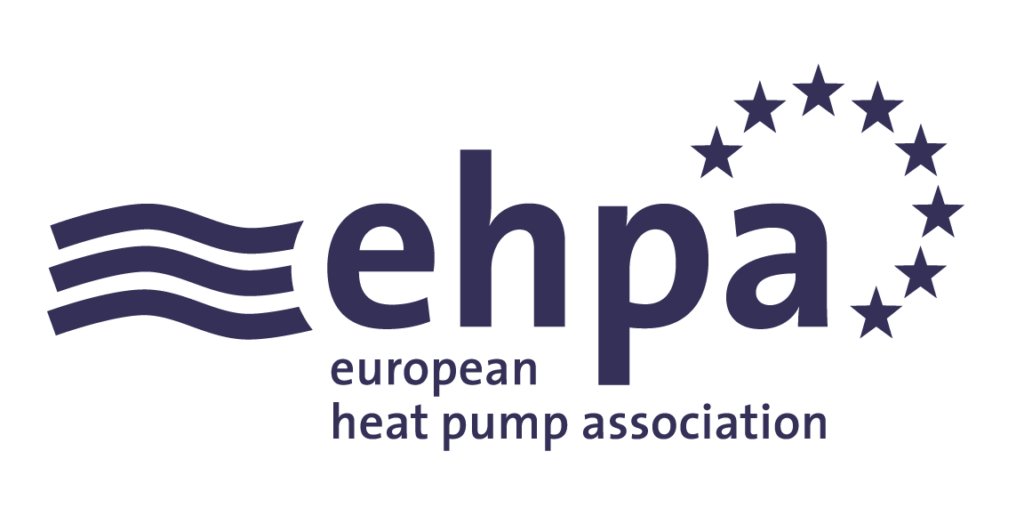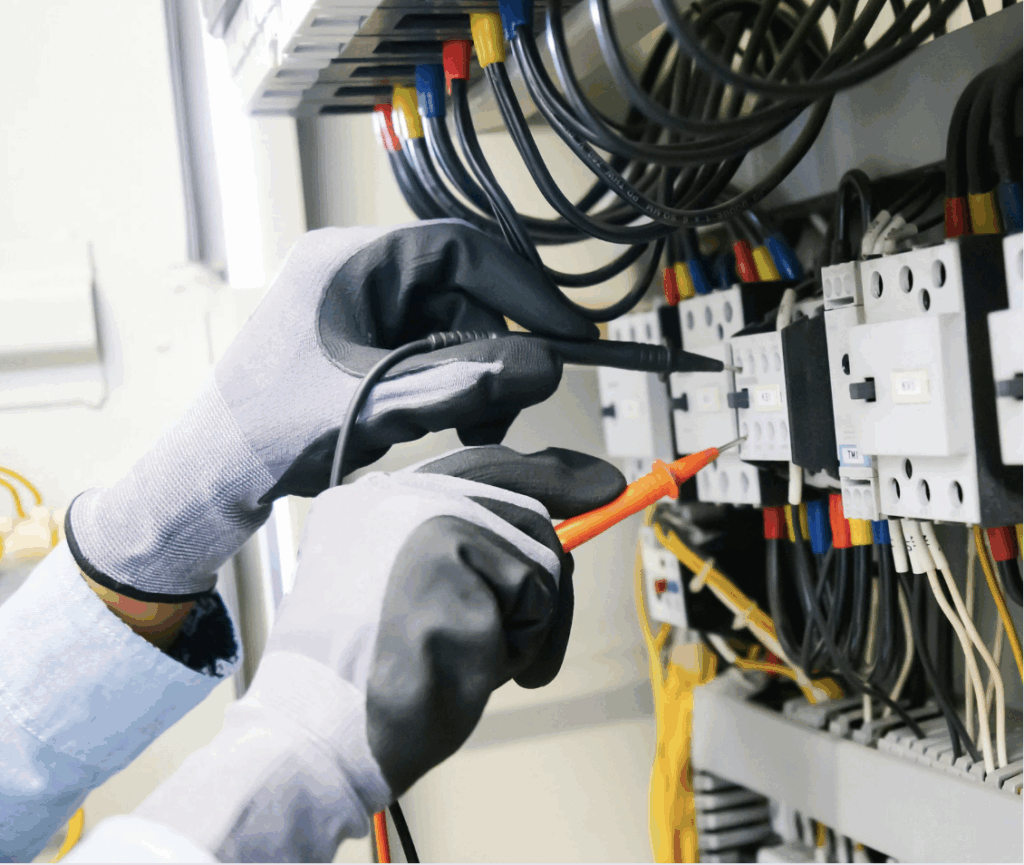Three-quarters of industrial CO₂ emissions come from heat. From paper and glass to chemicals and steel, most of Europe’s factories rely on high-temperature processes still powered by fossil fuels. But the technologies to change that already exist — and they’re electric.
The many benefits of electrifying industrial heat, from cutting emissions to strengthening competitiveness and driving Europe’s net zero transformation, were the focus of EHPA’s most recent webinar.
“Watt’s next: a shift to an electric and efficient net zero industry” was co-organised with the Knowledge Centre on Organic Rankine Cycle technology (KCORC) and the European Climate Foundation (ECF) .
Christian Noll, from the German energy efficiency organisation, opened with a powerful message: “Efficient process heating is the missing puzzle piece of industrial decarbonisation.”
He highlighted that 75% of industrial emissions come from heat use and that halving energy demand could save companies billions each year, with savings estimated to top €21 billion in Germany alone.
His call for stronger policy action – including embedding the EU’s ‘Energy Efficiency First’ principle – set the tone for the discussion.
Prof. Piero Colonna, from Dutch university TU Delft and KCORC, introduced Organic Rankine Cycle (ORC) systems, which capture waste heat from industrial processes and convert it into electricity. ORC helps recycle heat, turning what we waste today into clean power for tomorrow, explained Colonna, announcing the upcoming release of the Knowledge Centre’s new guidelines for the installation of ORC systems as well.
Laura Alonso, from the Spanish research institute Tecnalia and EU project PUSH2HEAT, which sees EHPA among its partners, presented real-world EU pilot sites where high-temperature heat pumps are replacing fossil fuel boilers in paper and chemical plants, saving hundreds of tonnes of CO₂ annually across Germany and Italy.
Meanwhile, Roberto Bertanzi, from the industrial heat pump manufacturer Turboden, showcased the energy-intensive ORi Martin steel mill in Italy, where an integrated ORC and large heat pump system recovers exhaust heat to supply district heating and renewable power, avoiding around 1,000 tonnes of CO₂ emissions each year.
The key message is clear, and was summarised by EHPA director general Paul Kenny in his closing remarks: industrial electrification is no longer a future vision; it’s a proven solution, connecting the dots between innovation, policy and new EU funding opportunities like the first pilot auction for industrial heat decarbonisation, and the need for bold industry action.
With the upcoming EU Electrification Action Plan and Heating & Cooling Strategy, Europe has a unique opportunity to scale these technologies, reduce energy costs and make efficient, fossil-free manufacturing the new industrial standard.
Curious to know more about industrial electrification? Join us on 9 December 2025 for a dedicated conference at SPARKS Brussels.



